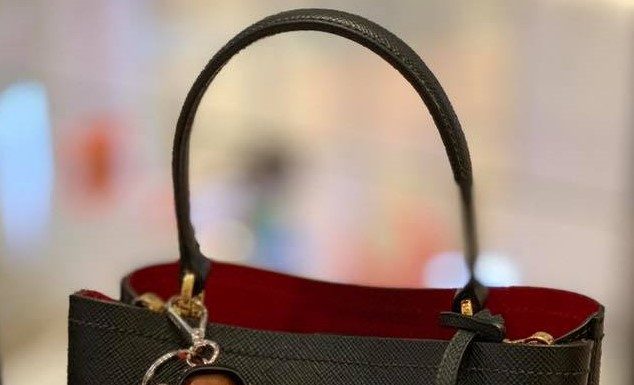(Reason) The New York City Commission on Human Rights, an oversight agency that monitors compliance with the city’s incredibly broad anti-discrimination law, has ordered the fashion company Prada to stop selling certain toy dolls—described by many as racist caricatures akin to blackface—and send its employees to sensitivity training.
In doing so, the overzealous agency is claiming vast new powers to police a private entity’s behavior. Unfortunately, Prada is meekly submitting to the commission’s demands, and other companies—including Dior and Gucci—are facing similar inquisitions.
This is just the latest in a series of power grabs on the part of the commission, which has vastly exceeded its authority and now represents a serious threat to free expression in New York City.
In September, the commission announced that an employer or landlord’s use of the term “illegal alien” could be considered a form of illegal discrimination, and result in a fine of up to $250,000.
But even before this declaration, the commission had begun an investigation into Prada after receiving complaints that some of their merchandise was racially insensitive, according to The New York Times:
For the last year, the New York City Commission on Human Rights, the law enforcement agency of the municipal government charged with overseeing the city’s human rights laws as they apply to housing, retail establishments and other areas, has been investigating and in settlement talks with Prada, a process culminating in a deal signed on Feb. 4, just in time to set nerves on edge during fashion month.
Prada’s signed agreement with the commission is incredible. The company will put all New York store employees—and company executives in Milan—through racial sensitivity training. Prada will also appoint a diversity and inclusion officer, subject to the commission’s approval. This person will be tasked with “reviewing Prada’s designs before they are sold, advertised or promoted in any way in the United States,” according to the terms of the agreement.
And that’s not all:
A year after signing the agreement, Prada is required to tell the commission “the demographic make-up” of its staff at every level, and summarize “Prada’s past and future activities aimed at increasing the number of people from protected classes under-represented in the fashion industry.”



